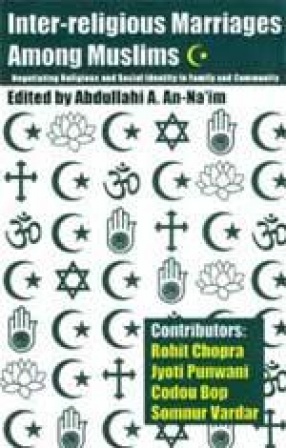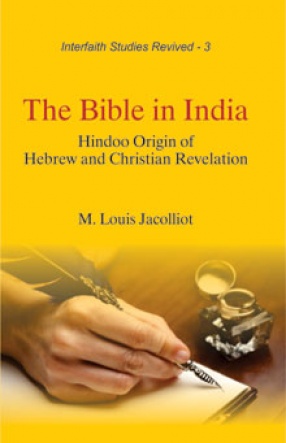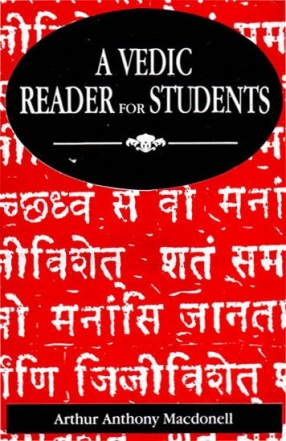This book presents interdisciplinary studies of inter-religious marriage between Muslims and non-Muslims (as well as between member of different Muslim communities) in locations in three societies; Bombay, India; Dakar, Thies, and Ziguinchor in Senegal; and Istanbul, Turkey. The country studies are united by a district theoretical approach, detailed in the Introduction. This approach proposes that the phenomenon of inter-religious marriage is a unique prism through which we can understand the complex processes and dynamics by which religious, cultural, and social identities are negotiated at the level of individual, families, and communities. The country student combine an emphasis on the contextual nature and understanding of identities with the negatives of the agents and actors in inter-religious marriages. Each study locates the phenomenon of Inter-religious marriage with respect to law, sociocultural practices and norms, history of community relations, and other factors such as political events, that provide the broad context within which inter-religious marriages take place in that society. at the heart of each study is an analysis of interviews conducted with spouses in an inter-religious marriage. The book represents an important contribution to the academic literature on the topics of marriage, inter-marriage of any kind (inter-ethnic, inter-racial, inter-religious, and so on), and inter religious marriage in particular. It also makes a significant contribution to the academic discourse on inter-faith relations and enriches our understanding of social relations and practices in the country locations.
The Bible in India: Hindoo Origin of Hebrew and Christian Revelation
This legendary ...
$54.90
$61.00





There are no reviews yet.